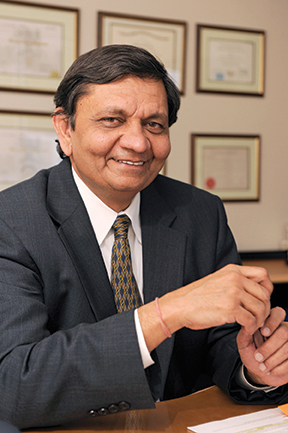About Us
About Salience TMS Neuro Solutions

Who we are
The Salience team is driven by one common goal: patient remission. We’re actively working to reduce the rate of suicide in the US, by changing the delivery model of behavioral health. Our proven track record, patient-inspired approach and highly skilled team offer uniquely better treatment options for patients suffering from mood disorders. We are research-driven, using objective diagnostic tools and advanced scientific training to connect our patients back to their lives.
Over 70% of our patients report a positive response, which we credit to our innovative, persistent, and compassionate approach. Salience treatment coordinators are extensively trained in outcome intervention, customized care plans, safety protocols and the latest science in TMS Therapy and depression. Our team is the most experienced in Texas, having performed over 100,000 TMS treatments. Because our goal is to help you along your path to remission, our patient advocates answer all your questions, navigate insurance, and assist you with billing options so that you can reconnect to what matters.

Our History Is Personal
Salience TMS Founder Tim Kriske was approached in 2011 by leaders in the TMS community to help them grow TMS treatment across the U.S. Their explanation of neuroplasticity reminded him of his brother who was a US Marine and suffered a traumatic brain injury. After many doctors couldn’t assist him, one neurologist took a chance and helped him regain mobility and speech. The theory was that his brain rerouted his neurocircuitry, enabling him to recover through the science of neuroplasticity. Inspired by the neurologist who took a chance with his brother, Tim decided that every person deserves an opportunity to work with the most clinically current doctors and to understand all of their available treatment options.
We began our TMS clinic with one doctor and one employee in 2011. Since then, we’ve rapidly grown, utilizing the research and insights from treatments to continually refine and enhance our protocols to improve our patient outcomes. Our focus is on connecting patients to a better healthcare experience. With our team today and partnerships with the leading TMS research providers around the globe, we continue to refine our work with a patient inspired approach, developing enhanced treatment protocols and delivering superior results.
The Salience Team


Brett Cormier
Chief Executive Officer
Katherine Kriske
Chief Patient Experience Officer
Cameron Dennis
Director of Patient Advocacy
Kathy Blackburn
Chief Operating Officer
Joseph Kriske
Director of Clinical Research and Development
Andrew Blackburn
Director of Business Development
Dr. Nancy Donachie
Chief Medical Officer
Holly Jones
Director of Central Business Office
John Kriske
Chief Reporting Officer
Andrew Campisi
Director of Marketing
Our Clinical Advisors
— Tracey C.



